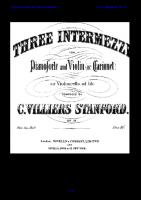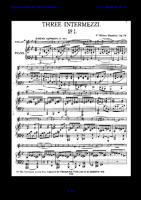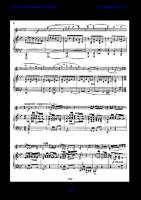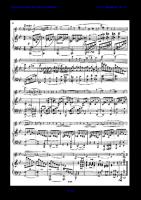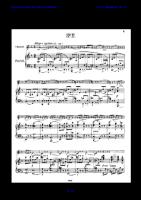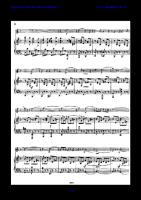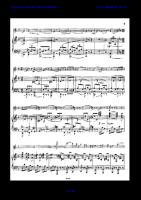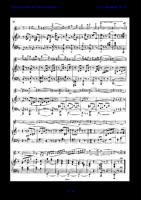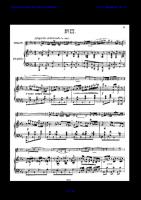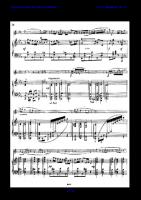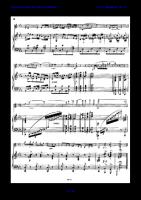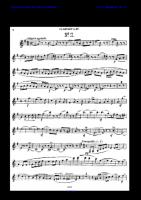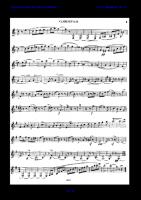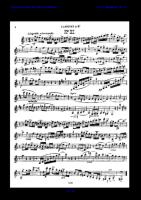Charles Villiers Stanford Sheet Music
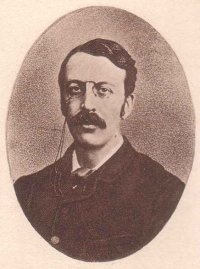 Sir Charles Villiers Stanford (30 September 1852 – 29 March 1924) was an Irish-born composer, resident in England for much of his life. He is particularly notable for his choral music. He was professor at the Royal College of Music and University of Cambridge.
Sir Charles Villiers Stanford (30 September 1852 – 29 March 1924) was an Irish-born composer, resident in England for much of his life. He is particularly notable for his choral music. He was professor at the Royal College of Music and University of Cambridge.Stanford was particularly known in his day for his choral works, chiefly commissioned for performances at the great English provincial festivals. These include two oratorios, a Requiem (1897), a Stabat Mater (1907), and many secular works, often with a nautical theme, including The Revenge (1886), The Voyage of Maeldune (1889), Songs of the Sea (1904), and Songs of the Fleet (1910). His church music still holds a central place among Anglican compositions; particularly popular examples include his Evening Services in B flat, A, G, and C, his Three Latin Motets (Beati quorum via, Justorum animae, and Coelos ascendit hodie), and his anthem For lo, I raise up.
His instrumental works include seven symphonies, six Irish Rhapsodies for orchestra, several works for organ, concertos for violin, cello, clarinet, and piano, and many chamber compositions, including eight string quartets. He also composed songs, part-songs, madrigals, and incidental music to Eumenides and Oedipus Rex (as performed at Cambridge), as well as to Tennyson's Becket. His music shows the influence of Brahms and Schumann, and to a lesser extent of Irish folk music; he was generally unsympathetic to more modern developments. Although his chief importance is often held to be as a teacher of many English composers of the next generation, the last two decades have seen a revival of interest in his larger compositions after a long period of neglect. He published several books, including an informal autobiography, Pages from an Unwritten Diary (1914) and "Musical Composition" (1911), which includes an interesting passage on pure intonation.
 Sheet Music Network is a site for those who wants to access popular sheet music easily,
letting them download the sheet music for free for trial purposes.
It's completely free to download and try the listed sheet music, but you have to delete the files after 24 hours of trial.
Don't forget, if you like the piece of music you have just learned playing,
treat the artist with respect, and go buy the original sheet music.
Sheet Music Network is a site for those who wants to access popular sheet music easily,
letting them download the sheet music for free for trial purposes.
It's completely free to download and try the listed sheet music, but you have to delete the files after 24 hours of trial.
Don't forget, if you like the piece of music you have just learned playing,
treat the artist with respect, and go buy the original sheet music.

